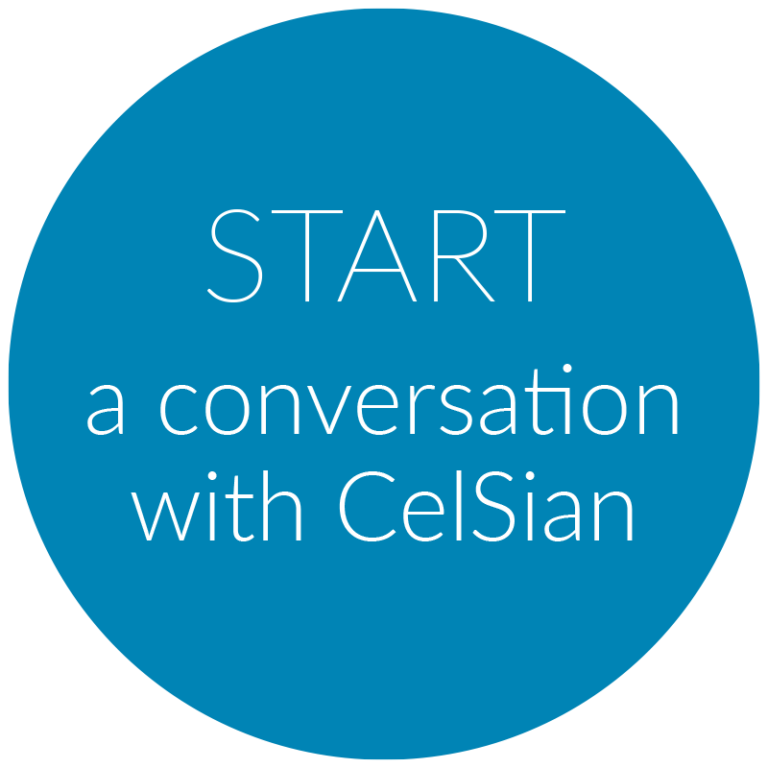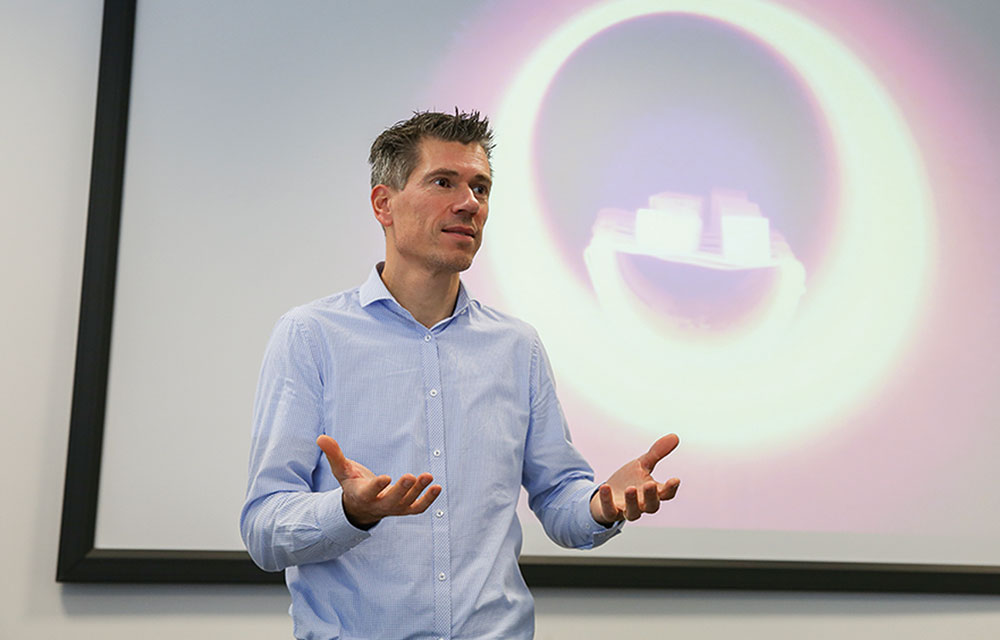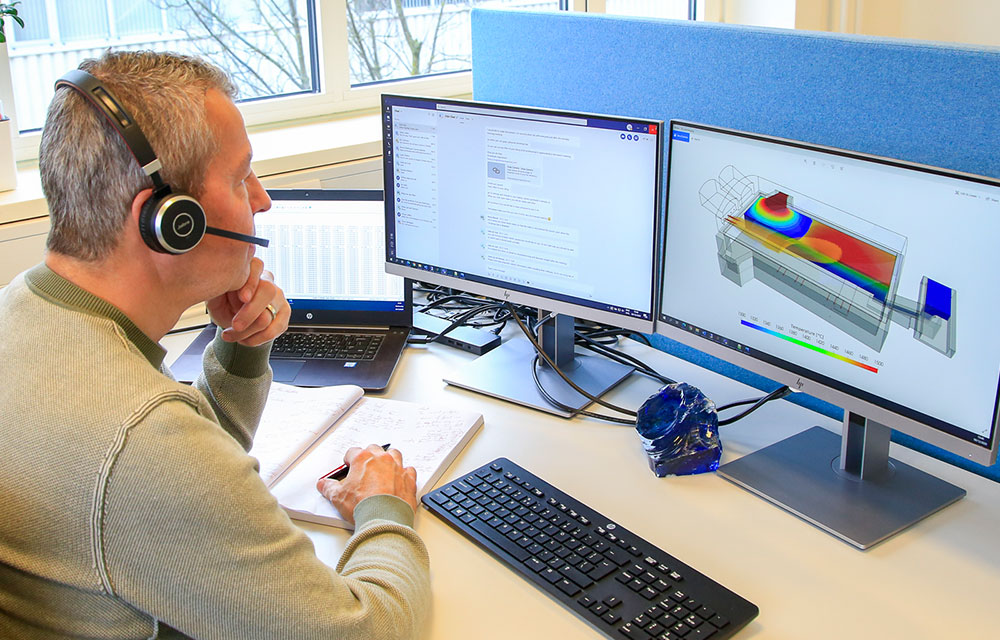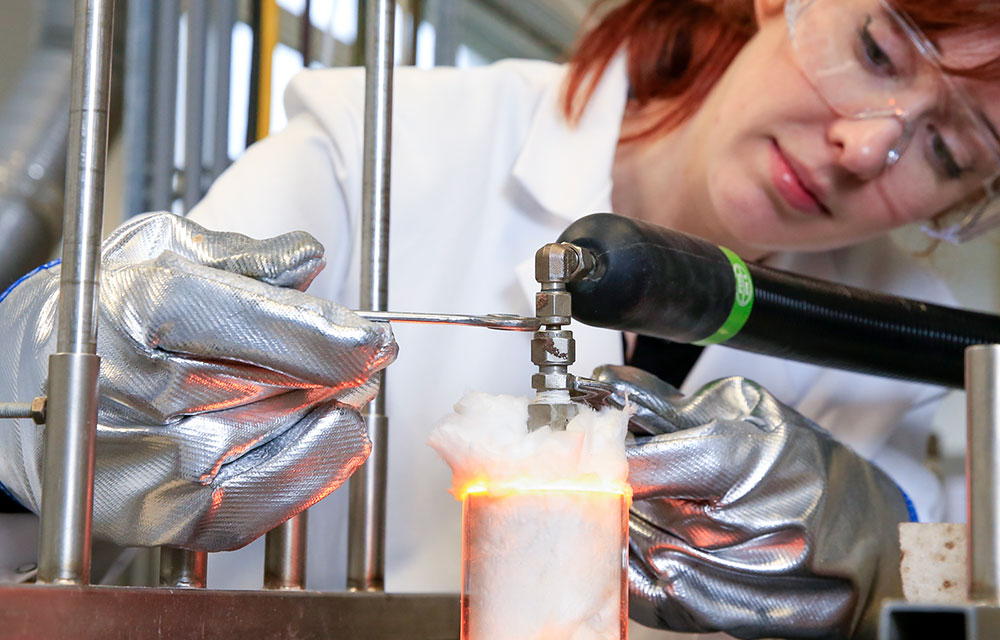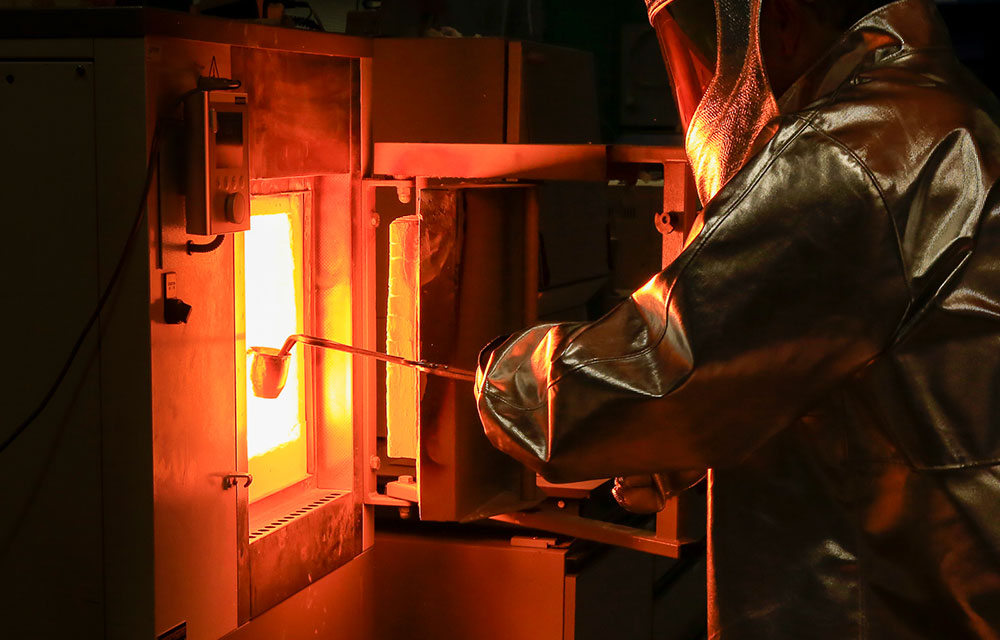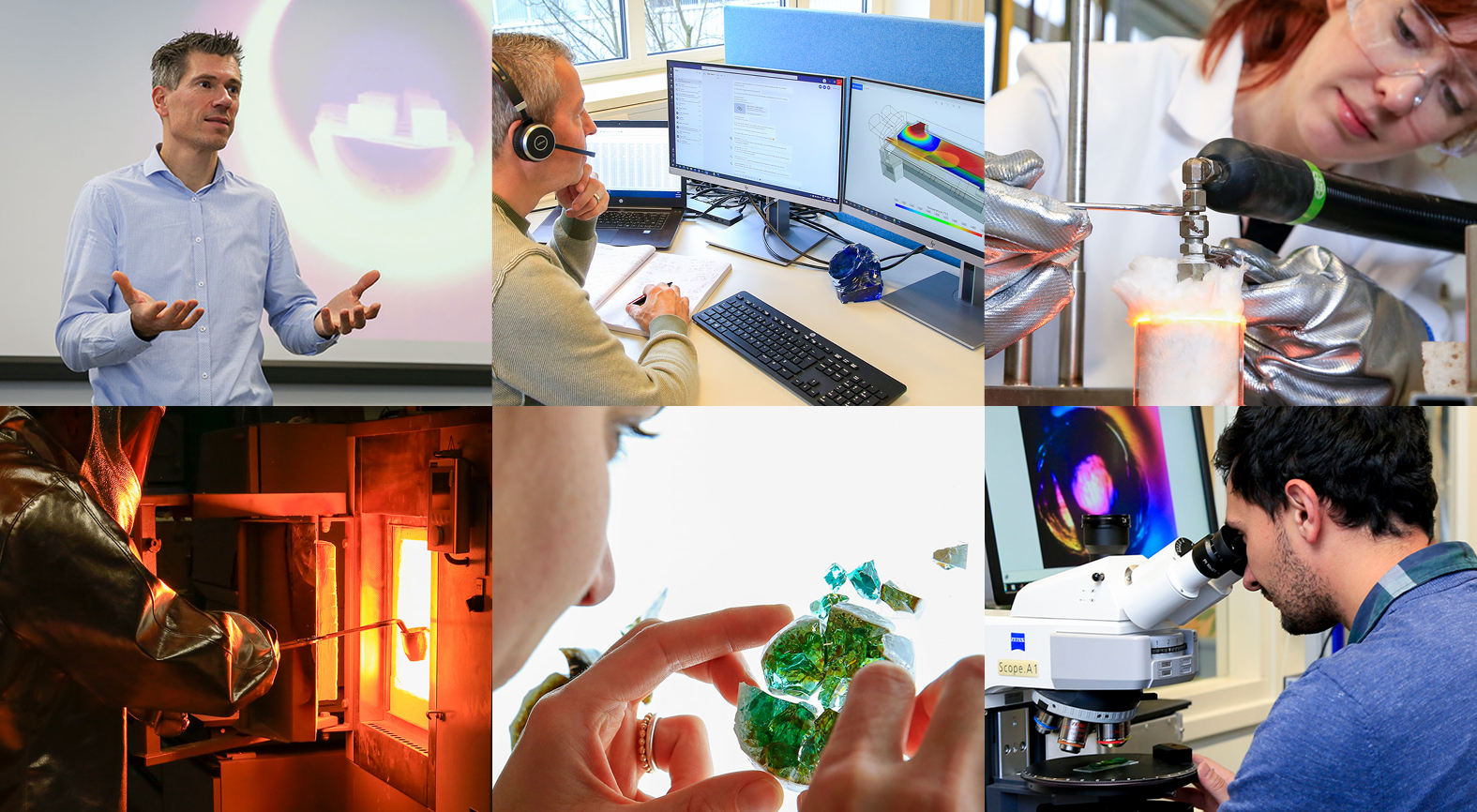FLOAT GLASS WORKSHOP SERIES (ADVANCED TRAINING)
This training is dedicated to anyone in float glass production who needs a high-level understanding of the melting and forming processes as well as the related defects. The course will give an overview of best practices and the theory behind them.
Before the course commences, participants should identify a specific melting or forming problem in the plant that they would like to improve based on the training they will receive. They should identify the possible payback or reduced risk identified and the target that is to be achieved. This project will be discussed before the training with the primary trainer. At the end of the training. there will be a feedback session where the trainee will present their project to their manager and the trainer. This will include the target of the project, the progress made and steps to take in the future.
Contents
• Float glass properties
• Raw materials and batch preparation
• Melting, fining and homogenization
• Combustion and emissions
• Furnace operation
• Energy consumption
• Interactive session on some float glass melting parameters
• Furnace operation and defects
• Float glass forming best practices
• Float bath chemistry and optimization
• Float bath related defects
After the training you will:
• Understand relevant raw material properties and batch preparation parameters and their importance during melting
• Understand relevant float glass properties and their importance in the melting and forming process
• Understand the melting characteristics inside the furnace and the link with good dissolution of particles and fining and refining of bubbles
• Have knowledge of combustion parameters and the link with glass quality, furnace lifetime, energy consumption, and emissions of your process
• Have knowledge of the float glass forming process and the most important parameters
• Have knowledge of the float bath chemistry, and how it correlates with float bath defects
• Have identified at least one problem in the plant that you would have started to implement solutions
Training methods
We offer a blended learning approach by mixing e-learning, lectures, open discussions, exercises, and case studies in teams or individually. The number of participants per course is between 8 and 20 to maximize your learning experience. Participants always receive the presentations and a training certificate.
Level of seniority
This training is meant for junior professionals to skilled professionals seeking to deepen their knowledge and understand the topic in detail.

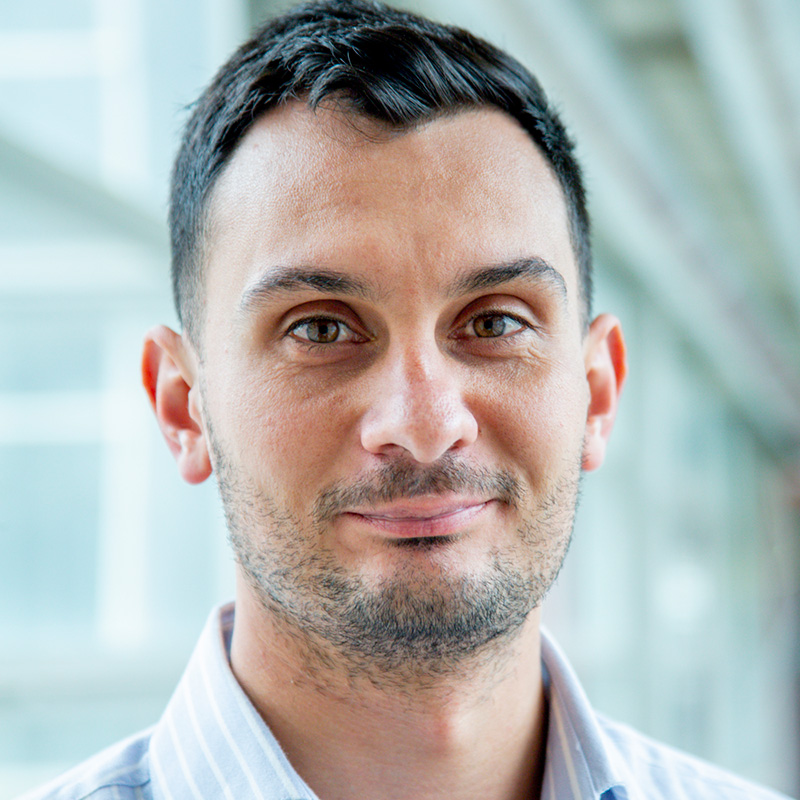
Price excludes tax and duties.
The 6th participant from the same company can join for free.
